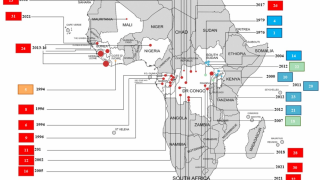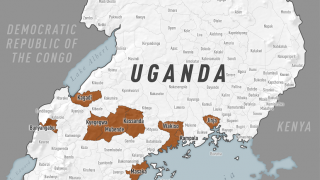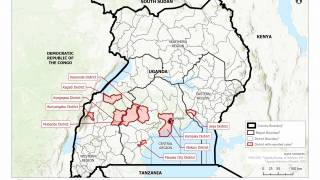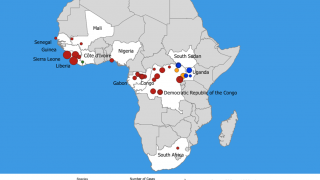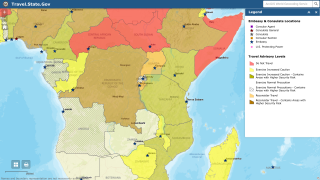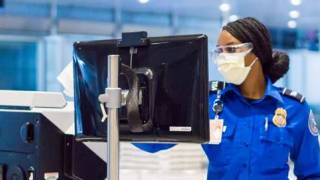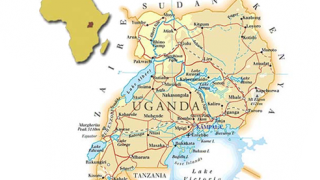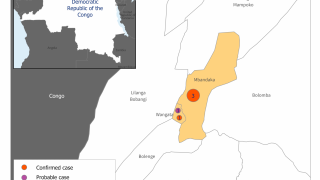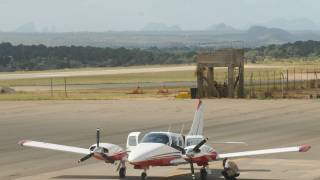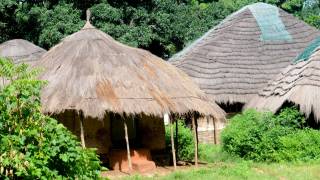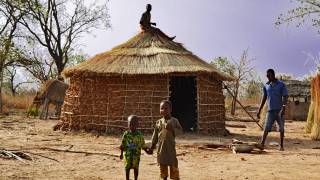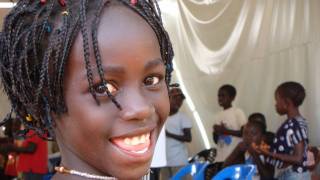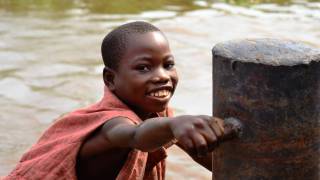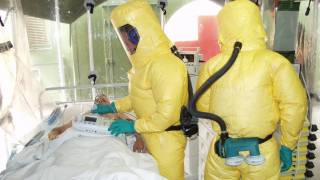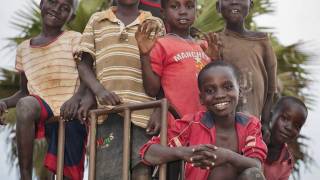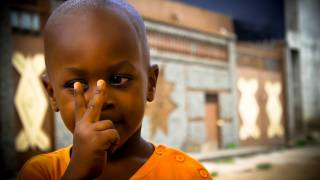Africa’s Ebola Outbreaks Are Not Genetically Linked
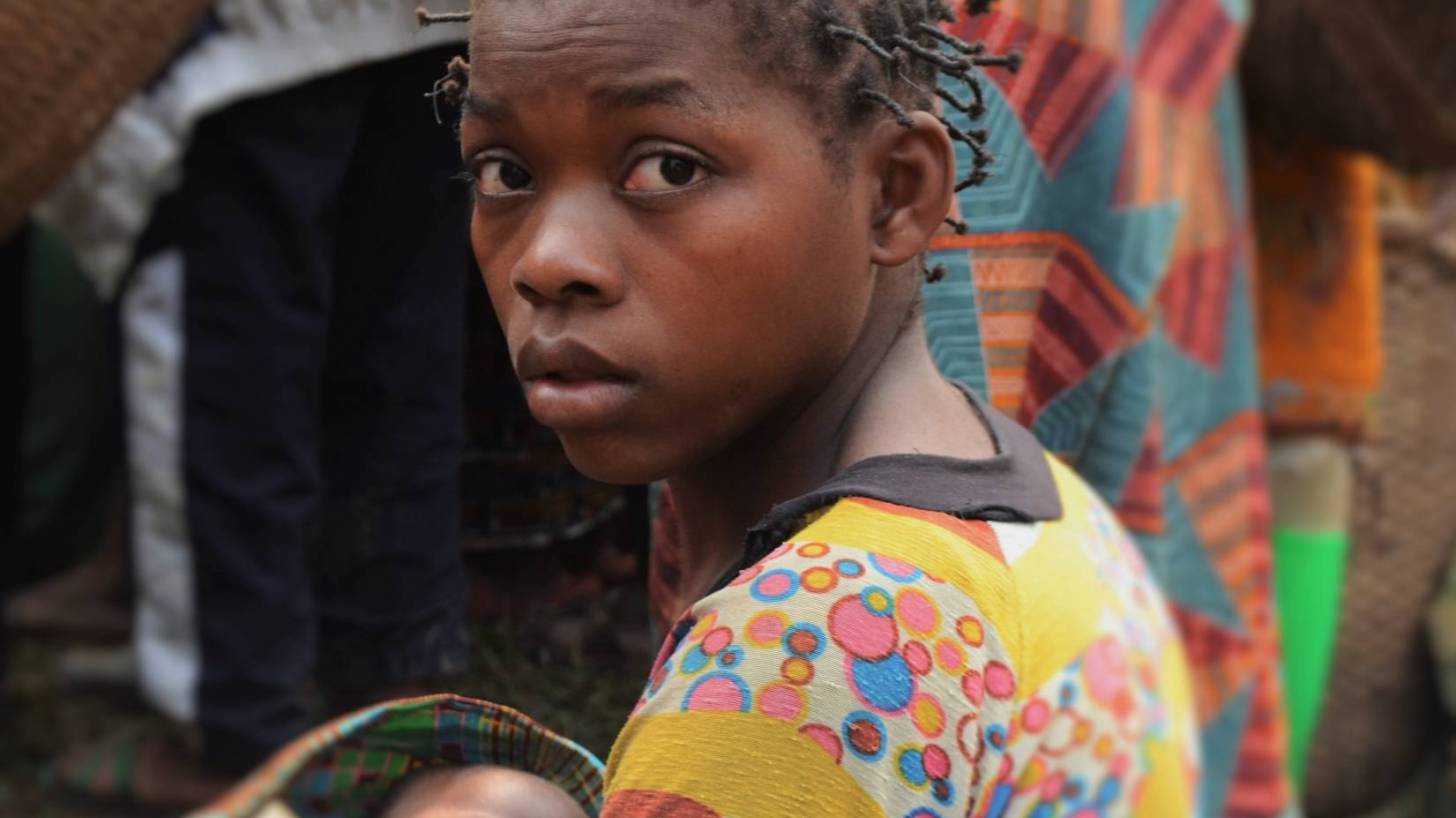
New genetic sequence analysis by the Democratic Republic of the Congo (DRC) has found that the newly-identified Ebola virus circulating in the Equateur Province is different from the one which previously infected more than 3,400 people in the eastern part of the country.
The DRC’s 11th Ebola outbreak was announced on June 1, 2020, after a cluster of cases was detected in the Mbandaka area of Equateur Province.
The DRC’s National Institute of Biomedical Research (INRB) genetic sequencing investigation is ongoing in western DRC to determine the source of the new outbreak, but it is likely that it originated from an animal source.
“We are not surprised to find no link between the current outbreak in Mbandaka and the two previous ones. The ongoing Ebola outbreaks are far apart and there is a flight ban in place due to COVID-19,” said Dr. Matshidiso Moeti, World Health Organization (WHO) Regional Director for Africa, in a June 9, 2020, press statement.
“National health authorities supported by WHO and partners have led an effective response against Ebola in eastern DRC despite huge challenges. We expect the same national expertise will be leveraged to overcome the current outbreak in Mbandaka.”
The WHO has more than 20 staff on the ground supporting the Ministry of Health and partners responding to the outbreak in Mbandaka and the rural community of Bikoro.
Additional staff will arrive this week to support the Ministry of Health in containing the outbreak. WHO has worked with the DRC Ministry of Health, Africa Centres for Disease Control and Prevention, the Red Cross Movement, UNICEF, and other partners over the past two years to strengthen the capacity to respond to Ebola outbreaks in the DRC.
“Ebola is endemic in animal reservoirs into the DRC, so it was expected that new cases would emerge,” said Dr. Moeti.
“While the new Ebola outbreak in Mbandaka represents a challenge, it’s one we are ready to tackle. With each experience, we respond faster and more effectively.”
Together with the Ministry of Health and partners, WHO has deployed vaccinators to the affected areas. More than 600 people have been vaccinated in Mbandaka and Wangata health zones.
So far, 2,200 vaccine doses have been delivered and more are expected at the end of the week, says the WHO.
To notify international travelers of their health risks, the US Centers for Disease Control and Prevention (CDC) issued a Level 2 Travel Alert for the DRC on April 20, 2020.
Ebola virus disease, also known as Ebola hemorrhagic fever, is a rare and deadly disease.
However, the actual risk of Ebola infection for most travelers to DRC is low.
Only those going to the outbreak area or who otherwise have contact with a person with Ebola are at risk. Travelers could become infected if they come into contact with blood or body fluids from an infected person.
And, family and friends caring for people with Ebola and health care workers who do not use correct infection control precautions are at higher risk, says the CDC.
There are 2 Ebola prevention vaccine therapies currently being deployed in Africa.
The ERVEBO is a recombinant, replication-competent Ebola vaccine, consisting of a vesicular stomatitis virus (VSV), which has been genetically engineered to express a glycoprotein from the Zaire ebolavirus so as to provoke a neutralizing immune response to the Ebola virus.
And, Zabdeno (Ad26.ZEBOV) and Mvabea (MVA-BN-Filo) Ebola vaccine therapy consist of 2 components. The prime-boost vaccination method is an established approach for the prevention of infectious diseases.
There is no US Food and Drug Administration approved or widely available vaccine or specific treatment for Ebola disease. Therefore, it is important to take steps to prevent Ebola, says the CDC.
Ebola outbreak news published by Vax-Before-Travel.
Our Trust Standards: Medical Advisory Committee



